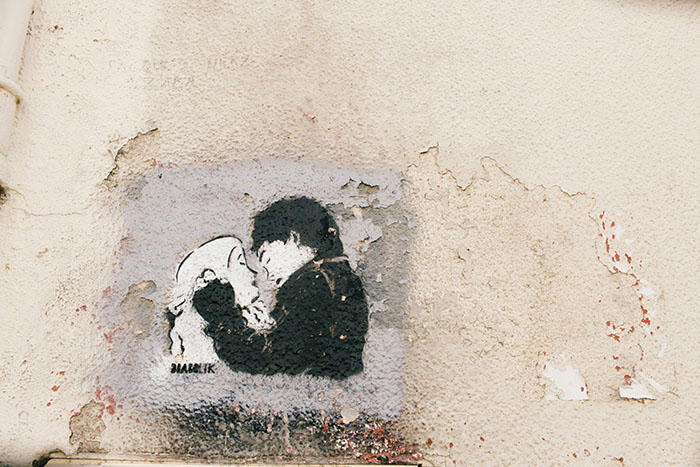Not only do films glamorize staying in toxic relationships, but toxic dating trends persist in 2025. An example is the avoidant discard trend, when one party suddenly ends a seemingly stable relationship without explanation. Emotional buffering and cushioning both involve keeping romantic options open, using someone as an emotional safety net in case one’s current relationship fails, or distracting oneself from loneliness.
Loneliness is not rare – 52% of Americans feel lonely. According to surveys, the loneliest state is Wyoming, followed by Alaska, Vermont, North Dakota, and Delaware. Dating when you’re lonely, traumatized, codependent, or anxious is not ideal, but it’s far from unheard of, and these feelings spill over into relationship dynamics and relationship mental health in general.
Aspirational dynamics reflect cycles of codependency

Audiences are shown couples who fight viciously, betray each other, or manipulate emotions—only to reconcile in a dramatic climax that suggests love conquers all. This narrative can blur the lines between intensity and emotional instability, making unhealthy dynamics seem romantic or even aspirational. The emotional highs and lows are portrayed as evidence of deep love, but they often reflect trauma and codependency, which can be traced back to familial dynamics.
There is a distinct connection between drug abuse and codependency in families. In a relevant study, 500 relatives of drug users (mostly mothers and wives) called a toll-free number to ask for help for their family members, and 64% showed patterns of codependency.
Manipulative behavior is quite common, which adds to movies’ realism. Psychotherapist Isabelle Nazare-Aga developed a test with 30 traits of manipulators, according to which a manipulator is anyone who fulfills 14 or more criteria. Most people fulfill more than 20. We’ve also heard the saying that 5% of people manipulate the other 95%.
The long-term emotional damage is not shown, but it’s very real
Film portrayals can convey that enduring mistreatment is a necessary part of love or that “real” relationships are chaotic and dramatic. Younger viewers, in particular, may internalize these ideas and stay in toxic situations, believing that hardship validates the relationship’s depth. Movies rarely show the long-term emotional damage when conflict and internal turmoil have been excessive. Instead, characters are rewarded for staying, reinforcing the idea that love means never giving up.
Harmful behavior in a toxic relationship causes distress, leading to depression, anxiety, and low self-esteem. The victim starts to doubt their own abilities and self-worth. The effects of these relationships can persist long after the end of the relationship. People may struggle with feelings of anxiety and low self-esteem, impacting their ability to form healthy relationships and making it likely that they’ll lapse into another toxic one eventually.
Love bombing is toxicity in disguise
Some toxic relationships begin like a fairy tale, according to experts. If you’ve had experience with a “love bomber,” you’ll know: they express their affection early on, are very intimate, are extremely adoring, lure you in, and eventually show their true colours. A recent survey revealed that 78% of dating app users have been love-bombed.

FAQ
What’s an example of a very well-known film that glamorized staying in a toxic relationship?
The Notebook (2004) is praised as a romantic masterpiece, but it glamorizes a relationship filled with volatility and emotional manipulation. Much of Noah and Allie’s “enduring” relationship involves intense arguments, jealousy, and impulsive decisions. The film won 12 awards and earned 10 nominations.
Why do movies glamorize staying in toxic relationships?
They want to keep viewers engaged and do so through conflict and emotional turmoil. These intense dynamics are passionate, making unhealthy behavior seem romantic or thrilling.
Why do people stay in toxic relationships?
For many, low self-worth and the fear of being alone are powerful motivators for staying in unhealthy relationships. Around 82% of people struggle with imposter syndrome, where they feel they don’t deserve the good things they’ve achieved, and 85% suffer from low self-esteem. It’s sometimes due to the sunk cost fallacy.









Comments are closed.